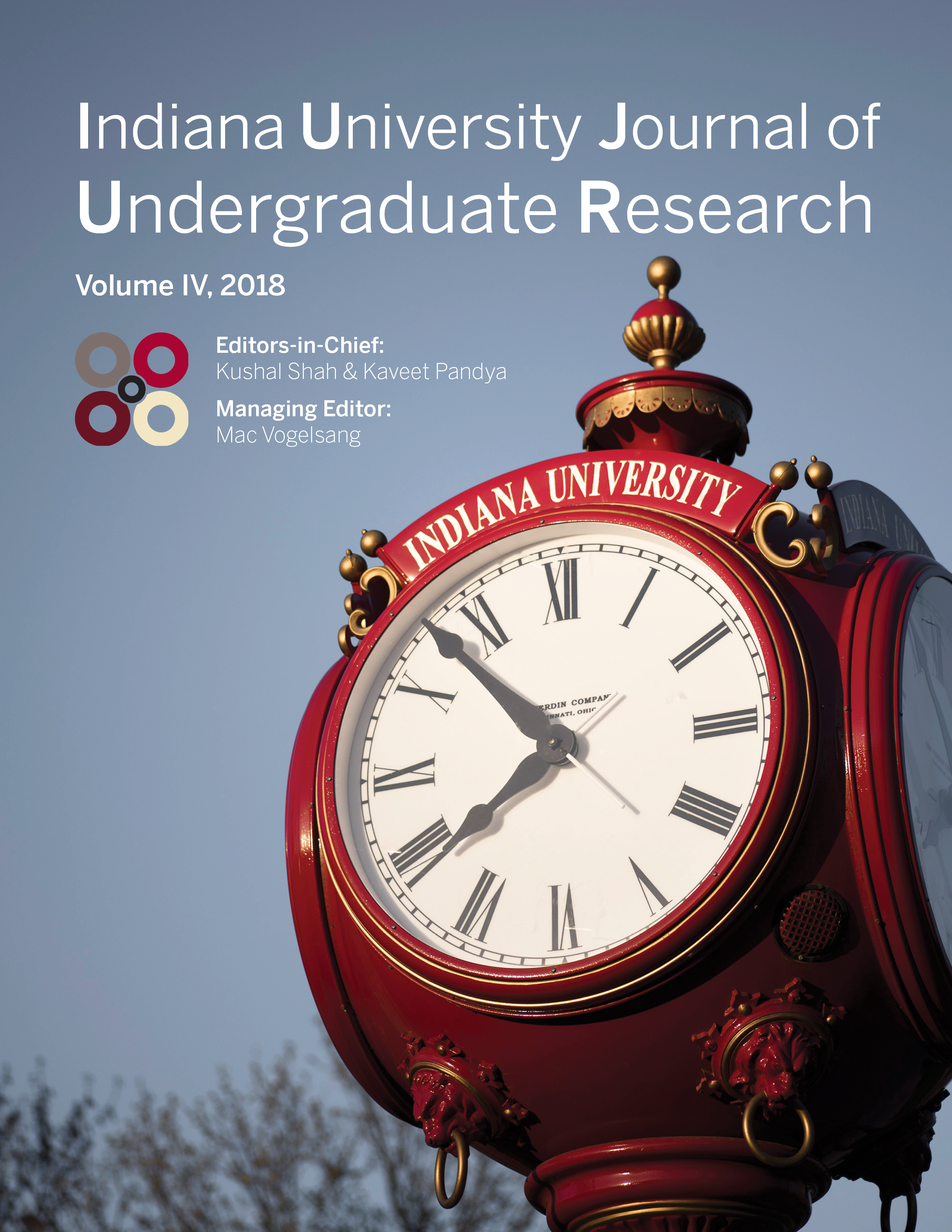"Ewondo in the Classes, French for the Masses" Mother-Tongue Education in Yaoundé, Cameroon
Main Article Content
Abstract
Cameroon is home to over two hundred eighty native languages coming from three language families, making it one of the most linguistically diverse countries on Earth. Despite this, native languages hold very few domains in Cameroonian society. In recent years, several experimental programs have begun to implement native languages in schools, citing that children learn best in their mother tongue. Among these schools is ELAN-Afrique, an initiative put forth by La Francophonie with the main aim of helping students better learn French by way of their mother tongue. This paper seeks to differentiate the benefits prescribed or expected by ELAN leadership from the actual benefits occurring at one Ewondo-medium ELAN school in Yaoundé. The study includes a series of twenty interviews with program leadership, linguists, and NGOs, as well as teachers and parents of students enrolled in the program. Claims made in interviews were then validated or refuted by classroom observation. The program’s main flaw is the assumption that the students’ mother tongue is Ewondo when in reality, due to their urban upbringing, the students’ mother tongue is French. This causes the reality of the program to differ fundamentally from the expectations of La Francophonie as some predicted benefits are negated, some manifest differently than expected, and other benefits appear never having been predicted.
Downloads
Article Details
Authors who publish with this journal agree to the following terms:
- Ownership of the copyright shall remain with the Author, subject to IUJUR’s use and the rights granted by the Creative Commons license assigned by the Author. A Creative Commons Attribution-NonCommercial 4.0 International (CC BY-NC 4.0) license will be applied to the published work unless otherwise indicated in the Student Author Contract. The CC BY-NC 4.0 license (https://creativecommons.org/licenses/by-nc/4.0/) lets others remix, tweak, and build upon the published Work non-commercially, and although the new works must also acknowledge the original IUJUR publication and be noncommercial, they don’t have to license their derivative works on the same terms.Authors are able to enter into separate, additional contractual arrangements for the non-exclusive distribution of the journal's published version of the work (e.g., post it to an institutional repository or publish it in a book), with an acknowledgement of its initial publication in this journal.
- Authors are permitted and encouraged to post their work online (e.g., in institutional repositories or on their website) prior to and during the submission process, as it can lead to productive exchanges, as well as earlier and greater citation of published work (See The Effect of Open Access).
References
Abbott, G. (2000). Languages in Lifelong Education for Third World Development. Development in Practice, 10(2), 216-222. Retrieved from http://www.jstor.org/stable/4029377
Albaugh, E. A. (2007). Language Choice in Education: A Politics of Persuasion. The Journal of Modern African Studies, 45(1), 1-32. Retrieved from http://www.jstor.org/stable/4486718
Albaugh, E. (2009). The Colonial Image Reversed: Language Preference and Policy Outcomes in African Education. International Studies Quarterly, 53(2), 389-420. Retrieved from http://www.jstor.org/stable/27735102
Biloa, E (2004). Loans from European languages in African languages: Intercultural Relationships and Necessity. TRANS. Internet-Zeitschrift für Kulturwissenchaften. Retrieved from https://www.inst.at/trans/15Nr/07_1/biloa15.htm
Bruthiaux, P. (2002). Hold Your Courses: Language Education, Language Choice, and Economic Development. TESOL Quarterly, 36(3), 275-296. doi:10.2307/3588414
Constitution of the Republic of Cameroon. (1996, January 18). Retrieved from http://confinder.richmond.edu/admin/docs/Cameroon.pdf
Chumbow, B. S. (1995, March). The Language Factor in the Development of Science and Technology in Africa. Paper presented at the Human Sciences Research Council Seminar, Cape Town and Pretoria, S.A.
Chumbow, B. S. (2009). Linguistic Diversity, Pluralism and National Development in Africa. Africa Development / Afrique Et Développement, 34(2), 21-45. Retrieved from http://www.jstor.org/stable/24484018
Chumbow, B. S. (2012). The Challenge of Linguistic Diversity and Pluralism: The Tier Stratification Model of Language Planning in a Multilingual Setting. Social Sciences and Cultural Studies - Issues of Language, Public Opinion, Education and Welfare, Ch. 7. doi: 10.5772/1339
Echu, G. (2013). The Language Question in Cameroon. Linguistik Online. Retrieved from https://bop.unibe.ch/linguistik-online/article/view/765/1309
ELAN (2015). ELAN-Africa: A Francophone Initiative Promoting Bilingual Education to Better Succeed at School. Retrieved from http://www.elan-afrique.org/english
Fonlon, B. (1969). The Language Problem in Cameroon (An Historical Perspective). Comparative Education, 5(1), 5-40, 131-162. doi: 10.1080/0305006690050105
Lewis, M. P., Simmons, G. F., and Fenning, C. D. (Eds.). (2015). Ethnologue: Languages of the World - Cameroon (18th ed.). Dallas, TX: SIL International.
Maurer, B. (2016). Les Approches Bi-Plurilingues d’Enseignement-Apprentissage : Autour du Programme Ecole et Langues Nationales en Afrique (ELAN-Afrique). Paris, France: Organisation internationale de la Francophonie.
Obeng, S. G. (2002). “For the Most Part, They Paid No Attention to our Native Languages”: The Politics About Languages in Sub-Saharan Africa. In Political Independence with Linguistic Servitude: The Politics about Languages in the Developing World (pp. 75-96). Hauppauge, NY: Nova Science Publishers.
Simons, G. F. and Fenning, C. D. (eds.). (2017). Linguistic Diversity of Countries in the World. Ethnologue: Languages of the World (20th ed.). Retrieved from https://www.ethnologue.com/statistics/country

